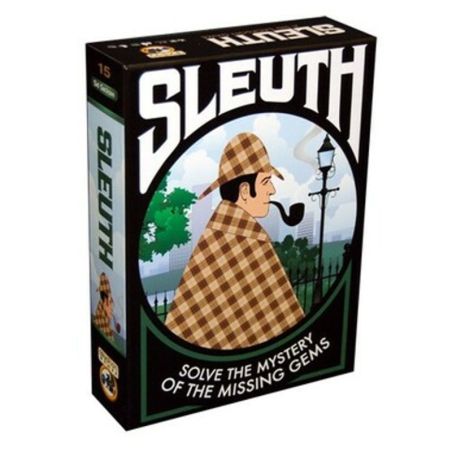- Sale

In stock


IN STOCK
This item is available for purchase and immediate delivery.
The stock of the physical store and the online store is shared and updated.
Publisher Eagle-Gryphon Games
Language



Language dependence (0-4) 0. No necessary in-game text
Player Count 3 4 5 6 7
Playing Time 30 to 60 minutes
Designer Sid Sackson
Minimum age 10
Categories Card Game, Deduction
Mechanics Deduction, Hand Management, Memory, Paper-and-Pencil
Number of cards
36
Sleeves 57.5x89
Related products
In stock
In stock
In stock
In stock
Out-of-Stock
In stock
Last unit in stock
Out-of-Stock
In stock
In stock
In stock
Last unit in stock